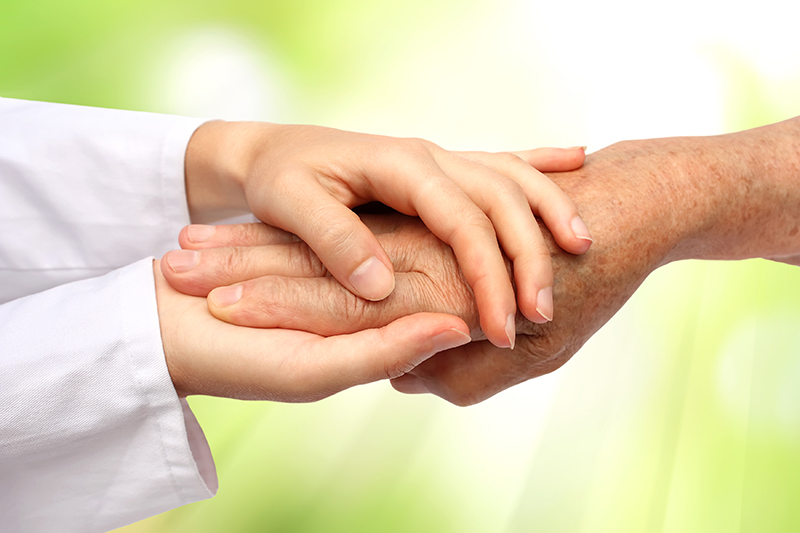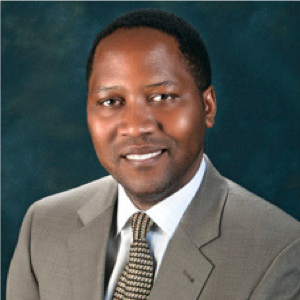
Spirituality and Religion are Important
Results of a national Gallup poll found that most of the United States population consider religion to be important in their lives (72%)1 and believe in God (87%).2 Many people turn to religion and spirituality when they become ill and as they grow older. Studies have found that patients who are religious tend to have better physical and mental health outcomes compared to those who are not.3-6 Religion and spirituality (R/S) help patients in many ways, including coping with ailments; lowering their depression and anxiety; and improving their adaptation to stress.7-9 On the other hand, patients’ religious and spiritual beliefs may also negatively affect health outcomes and compromise their adherence to their medications or recommended medical care.3
In addition to health behaviors and health outcomes, R/S is known to influence patients’ interactions with healthcare professionals (HCPs), which include pharmacists. However, R/S is not routinely considered or incorporated in patient care by HCPs, and no previous empirical study has investigated pharmacists’ opinions and beliefs about spiritual care in pharmacy practice.
A Survey to Assess Pharmacists’ Opinions about Spiritual Care
Given this research gap, we developed a 57-item survey instrument to determine pharmacists’ opinions about spiritual care and its integration into pharmacy practice. We sent surveys by mail to 1,000 randomly selected pharmacists in California in 2019 and received a total of 251 complete responses. To analyze the responses, we ran descriptive statistics and inferential statistics (e.g., t-tests and Chi-square tests) on the data.
Most of the 251 respondents were female (58%) and practiced in urban settings (51%). The majority of the pharmacists who responded were religious (64%), spiritual (78%), and believed that pharmacists should practice in a spiritually-sensitive manner (73%). However, most pharmacists indicated that they did not provide spiritual care. A few pharmacists prayed with a patient or occasionally prayed privately for patients. Provision of spiritual care was associated with the religiosity and spirituality of the pharmacist as well as their perception of institutional support (p<0.05).
Discussion
Most pharmacists indicated that they did not provide spiritual care to patients despite being spiritual and religious and having positive opinions about spirituality and religiosity. This discrepancy is likely due to many barriers pharmacists face when trying to incorporate spiritual care into their daily pharmacy practice: limited knowledge or training about spiritual care; limited time and quiet space to counsel the patient; and lack of employer support that prevents explicit religious and spiritual discourse with patients. Furthermore, there is no policy guidance from pharmacy organizations on the best way to incorporate spiritual care into pharmacy practice. More research is needed to investigate the experiences of pharmacists with providing spiritual care as well as patients’ expectations about pharmacists’ provision of spiritual care.
Author bio

Paul Gavaza, PhD
Dr. Gavaza is an Associate Professor of Pharmaceutical and Administrative Sciences at the School of Pharmacy. His research interests include social, economic, and behavioral aspects of pharmacy practice and outcomes research.
References:
- Brenan M. Religion Considered Important to 72% of Americans. Washington, DC: Gallup; 2018.
- Hrynowski Z. How many Americans believe in God? Washington, DC: Gallup; 2019.
- Daher M, Chaar B, Saini B. Impact of patients' religious and spiritual beliefs in pharmacy: From the perspective of the pharmacist. Research in Social and Administrative Pharmacy 2015;11(1):e31-e41.
- Higginbotham AR, Marcy TR. Spiritual assessment: A new outlook on the pharmacist’s role. American Journal of Health-System Pharmacy 2006;63(2):169-73.
- Koenig HG. Religion, spirituality, and medicine: research findings and implications for clinical practice. Southern Medical Journal 2004;97(12):1194-200.
- Rosenbaum CC. The role of the pharmacist--prayer and spirituality in healing. The Annals of Pharmacotherapy 2007;41(3):505-7.
- Koenig HG, McCullough M, Larson D. Handbook of religion and health. New York: Oxford University Press; 2001.
- Koenig HG, Cohen HJ, Blazer DG, et al. Religious coping and depression among elderly, hospitalized medically ill men. American Journal of Psychiatry 1992;149(12):1693-700.
- Koenig HG, George LK, Peterson BL. Religiosity and remission of depression in medically ill older patients. American Journal of Psychiatry 1998;155(4):536-42.
